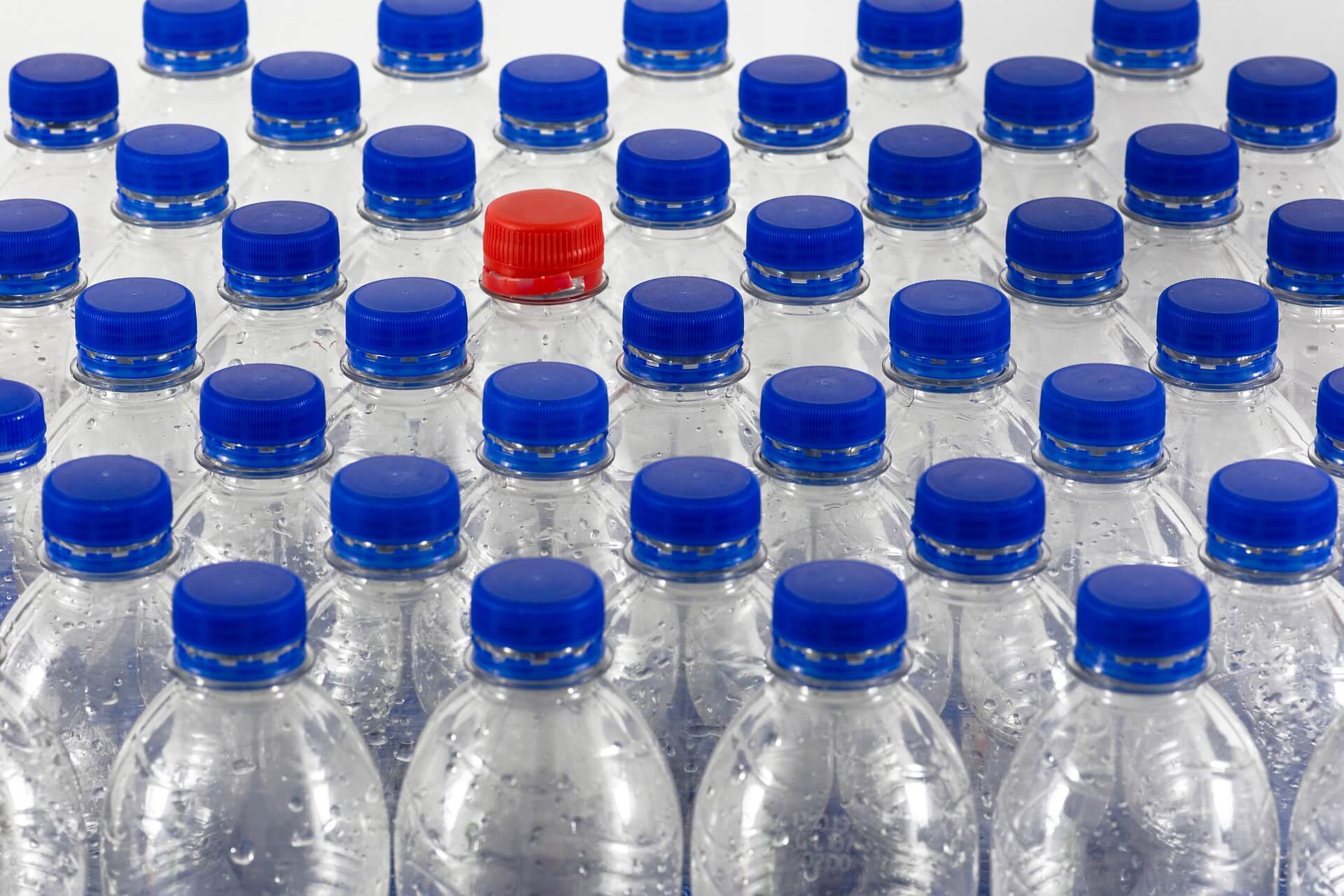At Ben Gurion University, they are researching a simpler and more environmentally friendly way to recycle PET (Polyethylene terephthalate), a common type of plastic used, among other things, to produce soft drink bottles: biological decomposition by bacteria that are able to break down polyethylene (a polymer consisting of a long chain of ethylene subunits connected to each other in chemical bonds)
Every year are produced in the world About 350 million A ton of plastic, when About half Some of the products are designed and designed for one-time use. The cheap price of plastic, its properties (a combination of rigidity with flexibility and the ability to contain liquids) and the variety of uses that can be made of it are what made it such a common material and also what make it For so problematic from an environmental point of view.
One of the ways to deal with the huge amounts of plastic we produce and consume is recycling, but the technologies that exist today, such as recycling with the help of heat, damage the mechanical properties of the polymer (a long chain of identical molecules connected to each other) and are characterized by additional disadvantages, such as the need to use organic solvents, high temperatures which consumes energy and waste sorting.

At Ben Gurion University, they are researching a simpler and more environmentally friendly way to recycle PET (Polyethylene terephthalate), a common type of plastic used, among other things, to produce soft drink bottles: biological decomposition by bacteria that are able to break down polyethylene (a polymer consisting of a long chain of ethylene subunits connected to each other in chemical bonds).
Recently, a research cooperation agreement was signed betweenTechnologies BGN, the technology commercialization company of Ben-Gurion University of the Negev, to the company ECOIBÉRIA The Portuguese, within the framework of which a feasibility proof project is planned that will last a year and whose aim is to show the ability to carry out the plastic decomposition process effectively.
20 years of research
"Our research dealt with the decomposition of plastic and various plastic polymers," says Prof. Ariel Kushmaro from the Department of Biotechnology Engineering at Ben Gurion University. "The person who led the research is Prof. Alex Sivan, who was already involved in this field 20 years ago, at a time when research in the world on the biological decomposition of plastics was in its infancy."
"We started from the premise that biological decomposition is derived from the microorganism's requirement for a source of energy and carbon," says Kushmaro. "For this purpose, they break down organic substances: chains of carbons, such as sugars of various kinds and even proteins. We thought that the plastic, polyethylene and PET are also carbon chains in the end, so we prepared a kind of 'enrichment culture' - we took soil that had been contaminated over the years with plastic or PET -, along with the bacteria in it, we added the material we wanted them to break down and let them work for a few weeks . In the end, after several attempts, we saw microorganisms that grow and utilize the polyethylene as a source of carbon and energy - these are the bacteria that are able to deal with the polymers."
A major problem faced by the researchers is that in nature, unlike the process in the laboratory, PET does not biodegrade. "We realized that the bacteria needed to be forced to use the carbon chains of the polymer - that is, to grow them in an environment devoid of carbon other than the polymers in the plastic in order to live," says Kushmaro. "Of course, for the purpose of the process, it is not enough to just give the carbon chains and we had to give them all kinds of additives, such as sources of nitrogen, phosphorus, etc., so that it would be easier for them to carry out the decomposition."
During the research, the researchers discovered several types of bacteria that know how to successfully break down the polymers - those long molecular chains that plastic materials are made of. "We showed that within 30 days we can reduce between 20-10 percent of the weight of the soil through the activity of the bacteria. That is, the bacteria decomposed some of the polymers and emitted carbon dioxide in the breathing process. In addition, when we examined the same polyethylene that we put in the ground with microscopic and spectral methods, we saw that it had undergone decomposition processes."

The Portuguese company ECOIBÉRIA recognized the potential inherent in Kushmero and Sivan's research. The company, which specializes in the recycling of PET plastic bottles, turned to Technologies BGN for research cooperation: the researchers will test in a laboratory in Israel how the bacteria break down the PET and how the intermediate products can be separated as raw materials. If the feasibility study is successful, there will be further investment in the pilot. That is, it is about at least two or three years of research until this technology can be applied in industry, if the pilot is crowned with success.
The results of the joint research may optimize the current plastic recycling process, which is quite cumbersome: after the plastic bottles are collected from the recycling bins, they are separated by type and color. They are then shredded into small chips, which are melted and turned into sheets of raw material and fibers.
Return the plastic to the original
"Today, if you want to recycle effectively, you have to separate water bottles from milk bottles and shampoo containers and more, and the need to separate the types of plastic is what makes the process complex," says Dr. Noam van der Hal, who researched microplastic At the University of Haifa.
"In fact, it is very difficult to recycle a plastic product to the same level of quality as it was originally and today, instead of recycling a bottle back into a bottle, it is recycled into a playground flooring, a bench or a building material. Therefore, it is not about recycling in the full sense of the word."

According to Kushmaro, the product obtained in the biological decomposition done in the laboratory is the original raw material. "What we are trying to produce together with ECOIBÉRIA is a process in which the same PET chips will be broken down into the original materials, so that the product that will be sold will be the original raw materials. One of the reasons that recycling does not work well is that the raw materials to make the plastic are derived from crude oil, cleaner and cheaper than recycled plastic. So the idea is that microorganisms or enzymes will try to break down the chains and in fact we will be able to extract the clean raw materials from the mixture and re-produce the PET as it is produced in the industry."
Will the new process be financially viable? According to Kushmaro, biological decomposition is much cheaper than thermal or chemical processes of recycling, so that such a product will be competitive in the raw materials market.
Why not in Israel?
And what about the development of this recycling method in the Israeli market? "We had research projects in Israel, but the Portuguese company is much more focused on recycling and improving the quality of the environment," says Kushmaro. "They are looking at holistic solutions with which they can improve recycling. In my opinion, it is also related to trends in the field of environmental quality in the European market, where there is encouragement to invest in 'green' projects that will reduce environmental pollution. Our research is part of this welcome trend."
the post The Israeli bacteria will recycle plastic in Portugal appeared first onangle
More of the topic in Hayadan:
